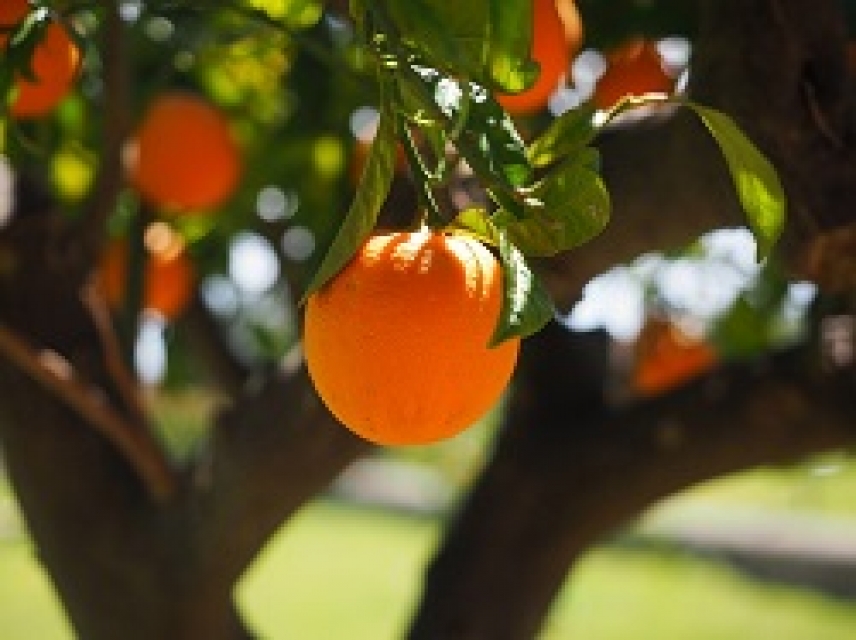 A research group led by Zahira Fernández Bedmar of the Department of Genetics, University of Córdoba, succeeded in blocking development of the carcinoma in rats using this molecule present in citrus fruits. Liver cancer was induced in two groups of rats via administration of a cancerous chemical compound (diethyl nitrosamine); one of the groups also received hesperidin at a concentration equivalent to the amount found in a glass of orange juice. According to Dr. Fernández, rats in the group receiving the flavonoid “displayed virtually no tumor nodes, as though they had not ingested the carcinogen”, indicating that the damaging effect of diethyl nitrosamine had been successfully reverted.
A research group led by Zahira Fernández Bedmar of the Department of Genetics, University of Córdoba, succeeded in blocking development of the carcinoma in rats using this molecule present in citrus fruits. Liver cancer was induced in two groups of rats via administration of a cancerous chemical compound (diethyl nitrosamine); one of the groups also received hesperidin at a concentration equivalent to the amount found in a glass of orange juice. According to Dr. Fernández, rats in the group receiving the flavonoid “displayed virtually no tumor nodes, as though they had not ingested the carcinogen”, indicating that the damaging effect of diethyl nitrosamine had been successfully reverted.
Research began with a study of global DNA methylation patterns in repeat sequences affecting leukaemia cell lines (LINE-1, ALU-M2, SATα and SAT-2), a chemical process through which certain tumor suppressors – which in normal conditions inhibit the development of cancer – are inactivated, giving rise to uncontrolled cell division.
Research findings showed that hesperidin was able to reduce methylation levels in repeat sequences of LINE-1 (by up to 50%) and ALU-M2 (by up to 32%), thus confirming the value of hesperidin as a potential tool in chemoprevention and chemotherapy.
Although clinical trials will be required to determine the extent to which these findings can be extrapolated to humans, the most interesting aspect of this molecule is that – unlike other substances hitherto used for the same purpose, such as decitabine – it is neither synthetic nor toxic, and has no side-effects.
Other scientists involved in this research were Angeles Alonso Moraga and Jaouad Anter, of the Department of Genetics, and Juana Martín de las Mulas, Yolanda Millán Ruíz and Silvia Guil Luna, of the Department of Anatomy and Comparative Pathological Anatomy.
References:
Fernandez-Bedmar, Z; Anter, J; Alonso-Moraga, A; de las Mulas, JM; Millan-Ruiz, Y; Guil-Luna, S. Demethylating and anti-hepatocarcinogenic potential of hesperidin, a natural polyphenol of Citrus juices. Molecular Carcinogenesis. 56 (6): 1653-1662


